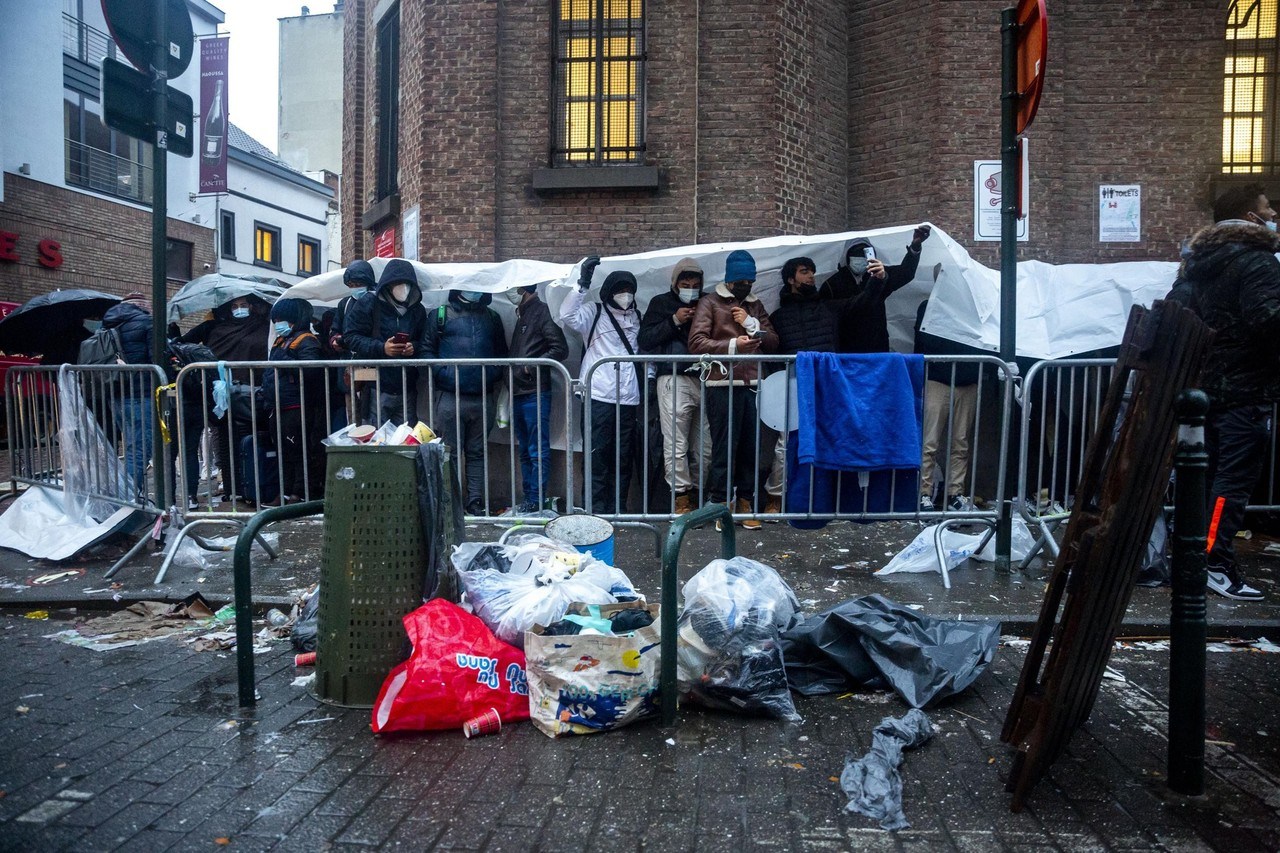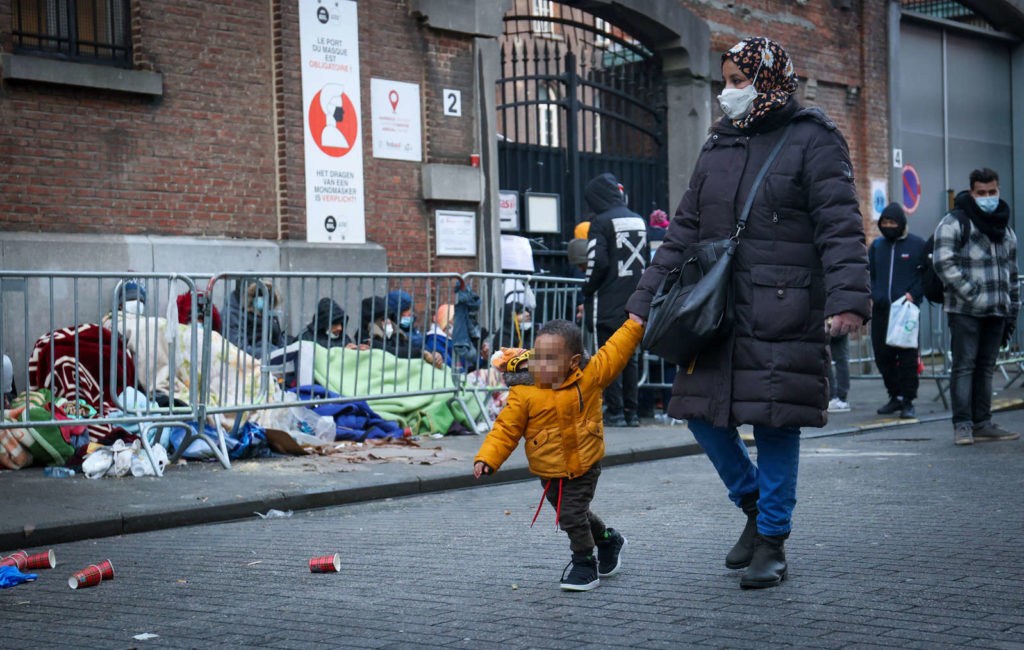Brussels' Court of First Instance has condemned the Belgian state and Fedasil for their mismanagement of its system to receive asylum seekers and refugees at the end of last year.
The court also ordered both to pay a penalty of €5,000 for each working day that "at least one person is not given a place to stay or cannot submit an asylum application" according to Thomas Willekens, a counsellor for Vluchtelingenwerk Vlaanderen, one of the organisations that in November called on the state to "put an end to these violations of rights."
"Hopefully, this condemnation will encourage the Belgian state to do things differently, and to give everyone a place to stay," he stated on Twitter.
The court in Brussels stressed that it is up to the Belgian state to provide appropriate structures to cope with increases in applications that are not out of the ordinary.
Although the decision is welcomed, Willekens stressed that the organisations involved are getting signals that "we are only just out of crisis mode, and it doesn't take much to end up in crisis again."
Overburdened system
The organisations that filed the lawsuit denounced the fact that, at the end of last year, migrants and asylum seekers were unable to submit their asylum requests for protection.
They also condemned the refusal, for several weeks, to register most of the asylum applications at Fedasil reception centre "Klein Kasteeltje" in Brussels, which the organisations argued "trampled on their right to asylum."

People waiting outside the closed doors of Het Klein Kasteeltje. Credit: Belga
"The right to shelter was not guaranteed. People slept on the streets in freezing temperatures. Violation of human dignity is obvious," Willekens said.
At the time, this resulted in a strike by the reception centre's staff for what was described as an untenable workload due to the monthly number of asylum applications, which reached its highest level since the 2015 migration crisis.
Pressure on system (continues)
In court, the defence argued that the reception network was under pressure due to the coronavirus crisis, increased inflow and Operation Red Kite, Belgium's evacuation mission from Afghanistan.
Related News
- Refugees still sleeping on Brussels streets, say human rights organisations
- 'Spectacular increase' in unaccompanied minors seeking asylum in Belgium
- European Asylum Office launches operation to aid Belgium
In response, the court stated that this may have an impact in the short term, but it does not relieve the government of its basic duties.
Willekens said on Friday that despite the court's judgement, there is still a matter of urgency.
"The measures taken do not alter the fact that the saturation of the reception network is still high, and that Klein Kasteeltje has limited operational capacity. This means that the current situation is very precarious."
Médecins Sans Frontières (MSF), another organisation that condemned the government's handling of the crisis, agreed that the structural issues that led to such a situation in the first place remain.
"We would like to see a more realistic and humane reception strategy put in place in Belgium; and not a system that pushes people in the hands of smugglers or in the street," a spokesperson for the organisation told The Brussels Times.
"We are also still concerned about the possibility of a similar situation happening again. Without structural changes, adequate resources and infrastructures, chances are we will be facing an almost identical crisis in the coming months," he added.

